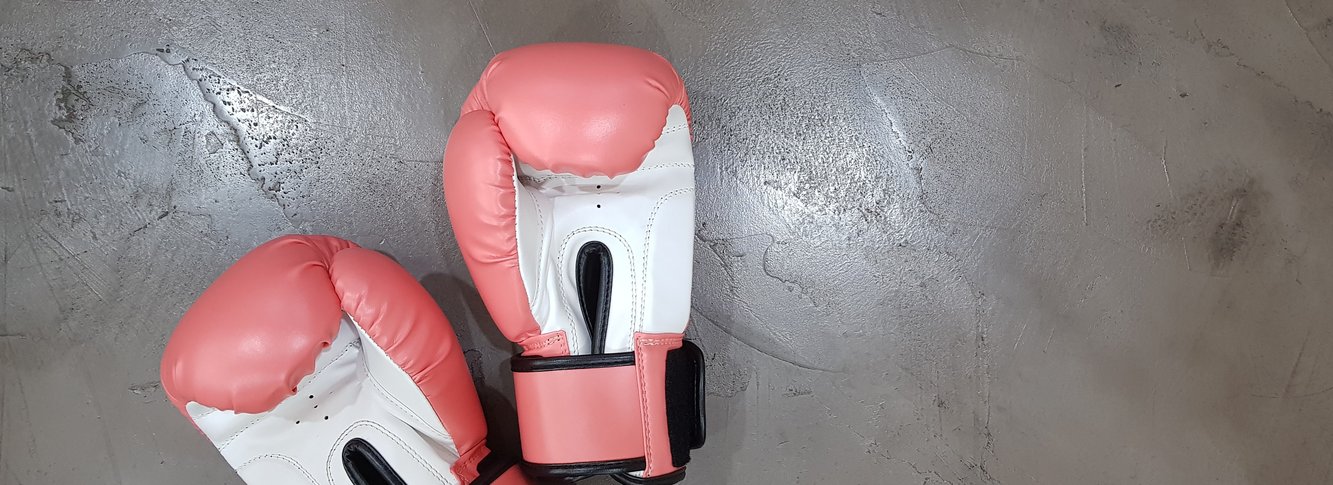| 3 mins read
Earlier this year, I gave evidence to the House of Commons Liaison Committee (alongside Professor Meg Russell, director of the Constitution Unit) on the topic of the effectiveness and influence of select committees.
At that session, I was asked about the reforms instituted as a result of the recommendations in the 2009 report of the Reform of the House Committee, on which I served as chair. That committee came about because the expenses scandal had spurred me into writing to the prime minister, Gordon Brown, in a bid to encourage him to reform parliament in a way that might increase public regard for it, at a time when it was perhaps lower than it had ever been.
The reforms made as a result of what is now called the Wright Committee have, I think, proved relatively successful. However, in that same letter I also proposed setting up what I called ‘a democracy commission’ to think through what kind of democracy we now wanted. Part of the problem I wanted that committee to deal with was the fact that people were increasingly disengaged from politics.
Ten years later, it is extraordinary what has happened: we have had democracy by the bucketload, so it’s claimed, and people’s engagement with politics has most definitely increased. But it wasn’t supposed to be quite like this. People like me had spent years looking for ways to replace or improve upon representative democracy, but now events have caused us to come to its defence.
This is because this established democratic model is under assault across – and indeed beyond – the western world, and from all directions. In this country, the 2016 referendum was the spur for this. And the result of that referendum was traumatic not just because we lost the vote, but because we lost the democratic argument.
By this, I mean that we lost the argument when it comes to the idea of democracy itself. The leave campaigns were the ones making the argument for democracy; they made the case for democratic self-government and sovereignty. And that case went unanswered, because instead of making a democratic argument, those campaigning for remain focused on economics and how we would be ‘better off in’. There was a different argument that could have been made by remainers, albeit a more complicated one. But it wasn’t made, and because of this, the proponents of a certain view of democracy prevailed.
Now we find ourselves in a state of democratic despair. To fix this, we have to give people a feeling that democracy can deliver for them after a long period of it failing to do so. Democracy is not just a matter of institutions, but it is a way of doing politics – a culture and a spirit. The culture and spirit now is bad – it’s nasty – and a return to civility is required. If we need something to rally around, perhaps we can rally around that.

